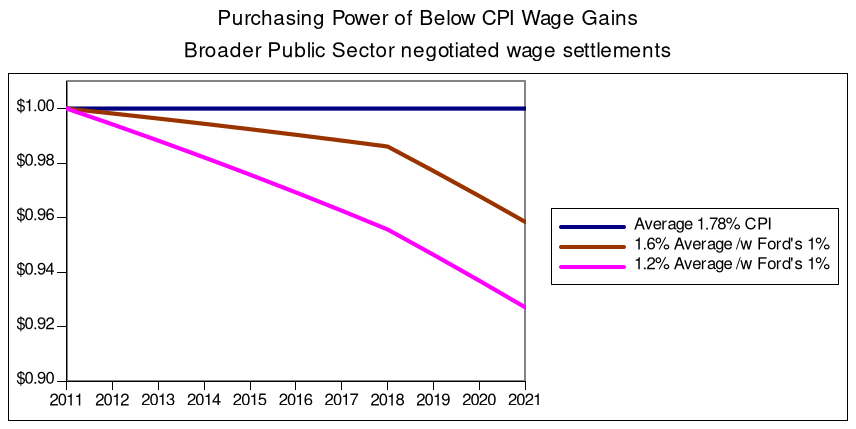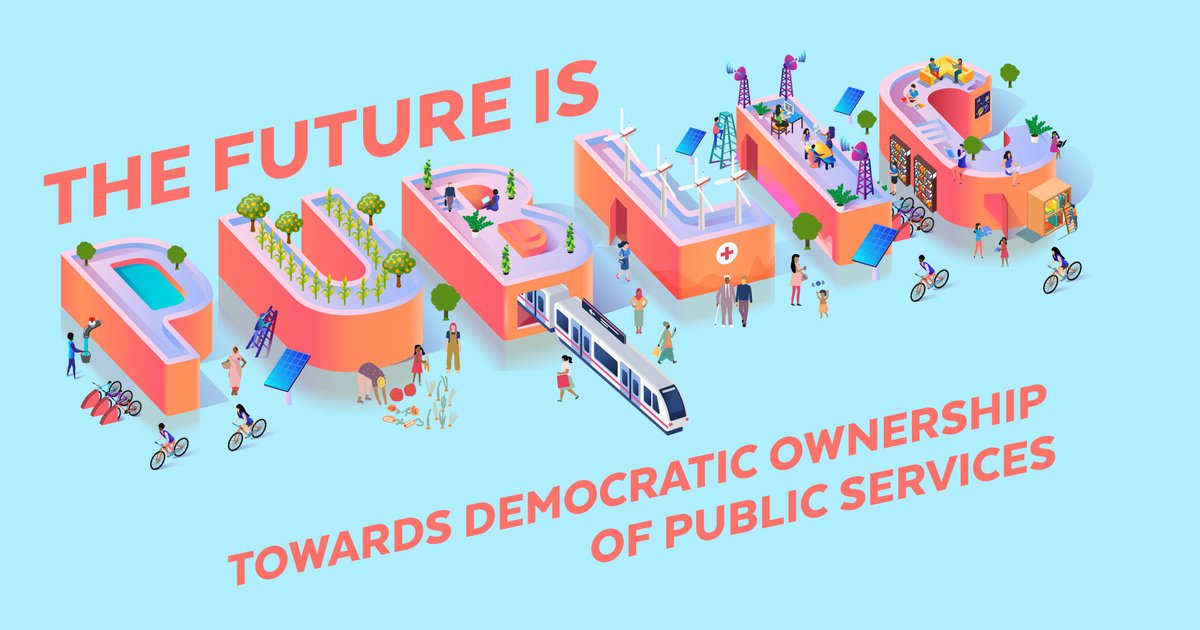
Understanding inflation, ideology, and bargaining wages
There are many contradictory definitions, explanations, and policy responses to high inflation. Understanding the differences is important to develop the correct orientation to these pressures on workers' wage demands and the left's policy responses.








